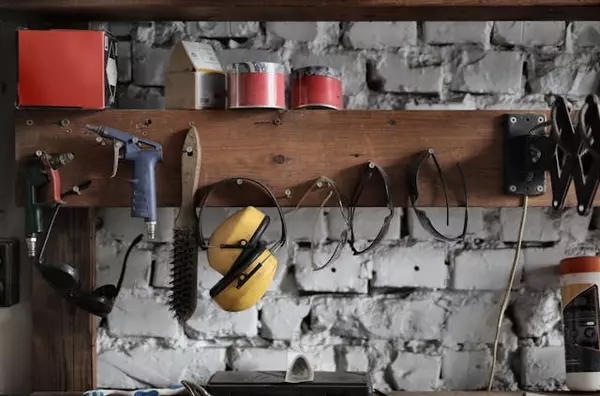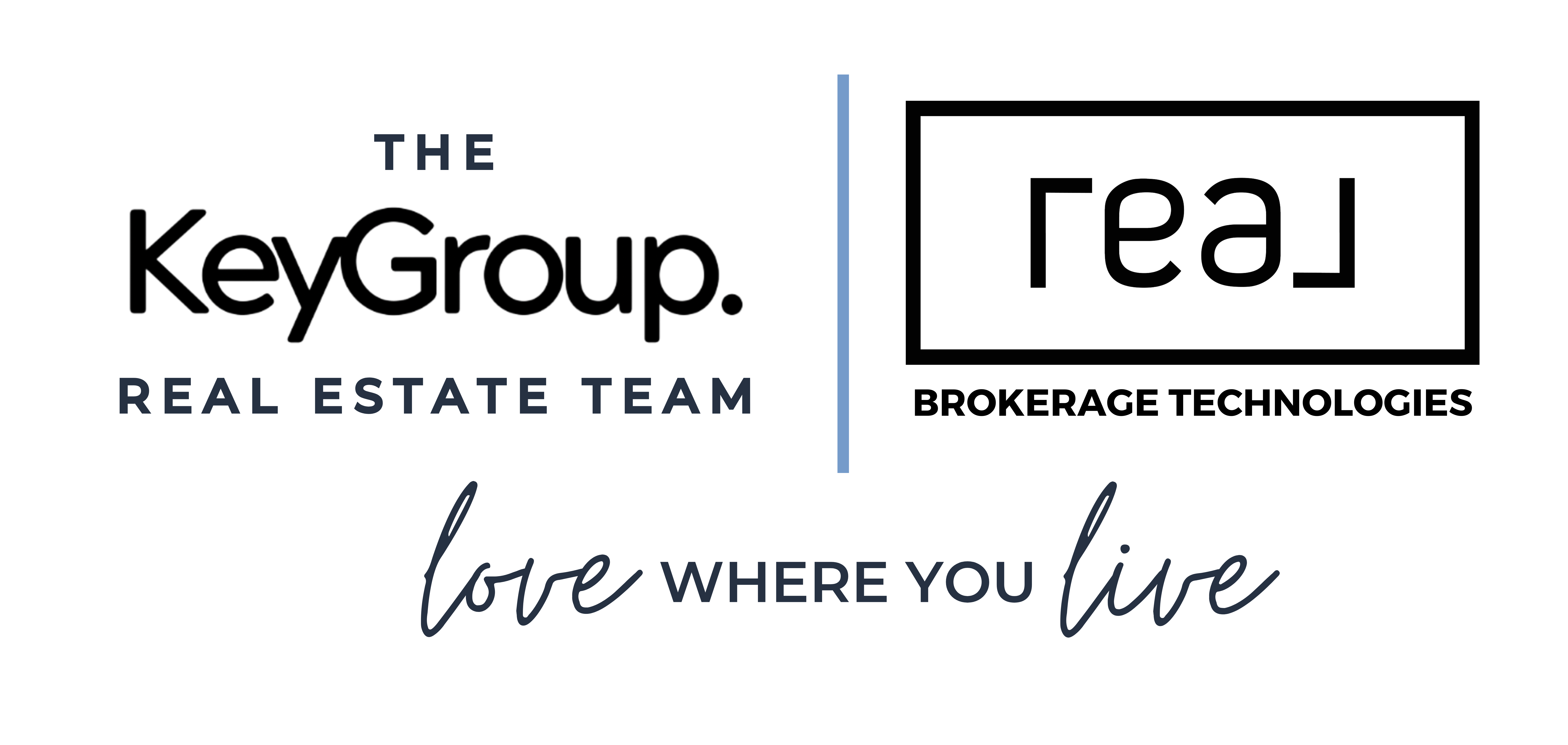

Rent To Own
When it comes to buying a home most people want to get into a home that they will love. Buying a home is quite a complicated process that involves many parts. At the center of it all is the mortgage. You must have a good credit score to qualify for a mortgage, you need to have a down payment, it must be the right type of mortgage for your situation, and many other things. But, do you know that there is another option?Rent to ownYou rent a home for a certain amount of time, with the option to buy it before the lease expires. Rent-to-own agreements consist of two parts: a standard lease agreement and an option to buy.How Rent-to-Own Homes in Ohio WorkA rent-to-own home is also called a lease-to-own home. This occurs when a potential buyer agrees to rent the home for a period of time before buying it from the homeowner. This is a great option for those who may not have enough money to buy the home upfront but can still make monthly payments. This is also a great option for those who have bad or no credit but still want to own a home. This also makes the purchase more affordable to the buyer, while the homeowner is able to bring in a little rental income along the way.For example, if a home would normally sell for $360,000 then a renter might pay $2,000 per month in rent over five years (60 months). If $1,000 of that goes towards paying for the home, then the renter would have paid $60,000 over five years. This brings the purchase price down to $300,000.It’s up to the homeowner to decide what percentage of the rental income goes toward the purchase of the house. During this five-year period, the buyer will also have time to build up their credit scores and can potentially secure a mortgage because they require less money from the bank.Rent-to-Own Home MaintenanceIt is also worth noting that during this period the owner of the property will still have the responsibilities associated with making sure the house is safe and livable, this means things like maintenance will be done by the landlord.Is Ohio a Good Market for Rent-to-Own Homes?In a seller’s market, fewer people are likely to list their properties as rent-to-own. This is because they can get competitive offers on their houses immediately and don’t have to manage the properties as landlords. Some sellers are worried about a potential housing bubble bursting in the future, so they want to sell immediately.However, in a buyer’s market, when supply is high and demand is low, a homeowner might be more willing to accept renters if it means they will buy the house in a few years. The seller will be able to make some rental income and won’t have to worry about listing the property after the designated period.Learn about the Ohio real estate market to understand who is buying and who is selling right now. These trends will determine home availability.Click here to get an expert opinion!The post Rent To Own appeared first on KeyGroup - Nicole Ward, REAL Broker.
Read More

Types of Home Loans
There are several kinds of home loans to look at and that’s not even counting the process yet. The good news is that you don’t need to be a financial guru to make it through the mortgage loan process, whether you’re a first-time home buyer or an experienced one.If you need help, don’t hesitate to let us know! Click on the button below and fill out the form, we’ll be in touch within 24-48 hours!Click Here To Get Help From The Best Realtors In Ohio!Conventional MortgagesUnlike some of the loans, we’ll discuss below, the government does not back conventional mortgages. You’ll need a higher income and credit score to qualify for them, but the interest rates are typically lower, which means your mortgage will cost less over the lifetime of your loan.The usual down payment requirement is at least 5% of the home’s purchase price. If your down payment is under 20%, you’ll also have to pay a fee for private mortgage insurance (PMI) on top of your monthly payments until you’ve paid 20% of the selling price.Qualifying for these loans can be challenging, but the upside is, if you do qualify, the lower interest rate and larger down payment mean your mortgage payments will be lower every month. You may also be able to choose whether to pay off your loan over 15, 20, 25, or 30 years. All of that can be very helpful for your budget.Conventional mortgages can be used for most kinds of property, including vacation homes, condos, and rental propertiesGovernment-Backed MortgagesThere are a number of different types of government-backed mortgages, each with its own specific requirements and terms. The most common are FHA loans, VA loans, and USDA loans. FHA loans are insured by the Federal Housing Administration and are available to first-time homebuyers or those with less-than-perfect credit. VA loans are guaranteed by the Department of Veterans Affairs and are available to eligible veterans or active duty military personnel. USDA loans are guaranteed by the U.S. Department of Agriculture and are available to low- or moderate-income borrowers in rural areas.FHA (Federal House Administration) LoanFHA mortgage loans are a popular financing option for first-time homebuyers and other borrowers with limited funds for a down payment. An FHA loan can be used to purchase a home with as little as 3.5% down, making it a great option for borrowers who may not have the resources for a conventional mortgage. FHA loans are also available to borrowers with less-than-perfect credit, making them a good option for those who may not qualify for a conventional loan.FHA loans can be used to buy, build, or refinance houses, approved condos, modular homes, and manufactured homes with pre-approval.USDA (United States Department of Agriculture) LoanThe United States Department of Agriculture (USDA) offers a variety of loan programs to help farmers and ranchers purchase and develop farmland. The programs are designed to promote sustainable agriculture and support the financial stability of the agricultural sector.The USDA loan programs provide low-interest loans for the purchase of farmland, the development of agricultural infrastructure, and the purchase of equipment and machinery. The programs also provide loans for the construction of rural housing.The USDA loan programs are an important source of financing for the agricultural sector. The programs help farmers and ranchers purchase and develop farmland, and they also help to promote sustainable agriculture.VETERANS (VA)The VA housing loan is a great benefit for veterans who are looking to purchase a home. This loan allows veterans to finance up to 100% of the purchase price of a home, which can make buying a home much more affordable. Additionally, the VA housing loan offers a number of other benefits, including no down payment, no private mortgage insurance, and more.Ohio Housing Finance Agency (OHFA) The Ohio Housing Finance Agency (OHFA) is a state agency that provides financing for affordable housing initiatives in Ohio. OHFA offers a variety of programs to help Ohioans find affordable housing, including the Ohio Housing Tax Credit, the Ohio Housing Trust Fund, and the Ohio Housing Loan Fund. OHFA also offers down payment assistance and homebuyer education programs. The agency’s mission is to “create quality affordable housing opportunities for all Ohioans.”Fixed vs. Adjustable-Rate MortgagesThere are two basic types of home loans: fixed-rate and adjustable-rate mortgages (ARMs). As the name implies, with a fixed-rate mortgage, the interest rate stays the same for the life of the loan. With an ARM, the interest rate changes periodically, typically in relation to an index, and it could go up or down.The main advantage of a fixed-rate mortgage is that the borrower knows exactly how much their monthly payment will be for the life of the loan. This can make budgeting easier and provide a measure of stability in an otherwise uncertain world. The main disadvantage is that if interest rates fall, the borrower is stuck in a loan with a higher interest rate than they could get if they refinanced.An ARM could make sense if you plan on selling the property before the loan resets. For example, if you plan to sell in five years and interest rates are currently low, an ARM with a five-year reset could give you a lower interest rate than a comparable fixed-rate loan. Of course, there’s no guarantee that rates will still be low when the loan resets, so there’s some risk involved.Interest Only MortgagesInterest-only mortgages are a type of home loan where the borrower only pays the interest on the loan each month. The borrower does not pay any of the loan’s principal. Interest-only mortgages can be a good option for borrowers who want to keep their monthly payments low or who expect their income to increase in the future. However, because the borrower is not paying down the loan’s principal, the loan balance will not go down over time. This can make it difficult to sell the home or refinance the loan in the future.ConclusionIn the end, it’s important to weigh all the pros and cons of each type of loan before making a decision. There’s no right or wrong answer, it all depends on your individual circumstances.The post Types of Home Loans appeared first on KeyGroup - Nicole Ward, REAL Broker.
Read More

What is a Home Inspection?
A home inspection is a thorough examination of the property. The inspector will usually be a qualified person with experience in construction, engineering, or other related fields.The inspector will examine the property from top to bottom and make detailed notes about every aspect of its condition. This includes any problems found in the building’s structure, its plumbing, electrical systems, and so on. They also note what needs to be done to maintain the property in good condition for future owners.When does the home inspection happen?The home inspection is a process that allows the buyer to verify the condition of the house and its components. This is necessary because a lot can happen between when an offer is accepted and when it closes.The inspection will be performed by an experienced professional who will check everything from the foundation to the roof. The inspector will also examine how well the plumbing, electrical, heating, and air conditioning work. It’s their job to report any repairs or replacements that may be needed in order to make sure that you don’t buy a house that’s falling apart for cheap!Does a buyer need a home inspection?Buying a home could be the largest single investment the homebuyer will ever make. To minimize unpleasant surprises and unexpected difficulties, homebuyers should strive to learn as much as they can about the house before they buy it. A home inspection may identify the need for major repairs or builder oversights, as well as the need for maintenance to keep it in good shape. Through the home inspection process, homebuyers will have a better understanding about their prospective house, which will allow them to make decisions with confidence. If a homeowner is planning to sell their home, a home inspection can give them the opportunity to make repairs that will put the house in better selling condition.Do the homebuyers have to be there?It is not required for the homebuyer to be present for the inspection. However, ASHI recommends attending so the homebuyer can receive the most value from their inspection. This allows homebuyers to observe the inspector and ask questions throughout the process. Many homebuyers find that talking with their inspectors gives them a better understanding the condition of the home and how to maintain it.The home inspection reportAfter the home inspection, you’ll receive a written report that covers the property’s major features and notes any problematic issues that may need attention.A good inspector will take the time to walk you through the report and their findings. This may include any damage or wear that they found in the home, no matter how minor. It’s their job to make note of every flaw, so your report will likely have a lot of issues listed on it. This does not mean that everything is something that should cause concern – they’ll be able to help you discern what may be hazardous or a red flag.ConclusionWhen you’re buying a house, you don’t want surprises. Surprise repairs lead to surprise expenses, which can easily put a damper on the excitement of your new home. By bringing in a qualified home inspector, you can limit the risks of future repairs and get the information you need to make the right decision for your future.If you’re preparing for your inspection, you’ll want to make sure your home financing is in order. Get mortgage approval now so you’re ready for the next steps of the process. You can also give us a call at (330) 819-0099.The post What is a Home Inspection? appeared first on KeyGroup - Nicole Ward, REAL Broker.
Read More
Categories
Recent Posts










